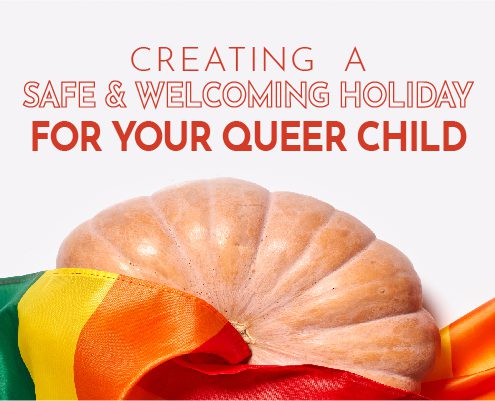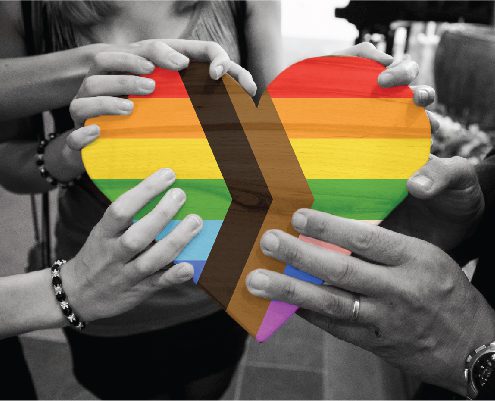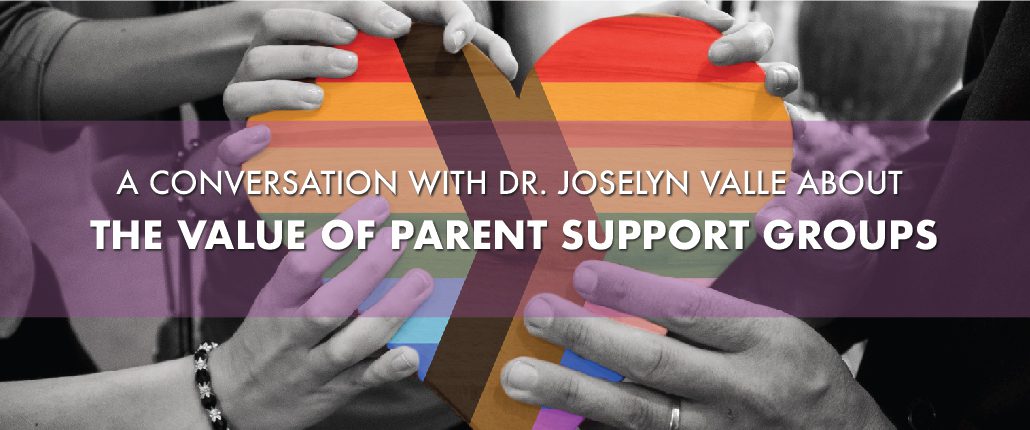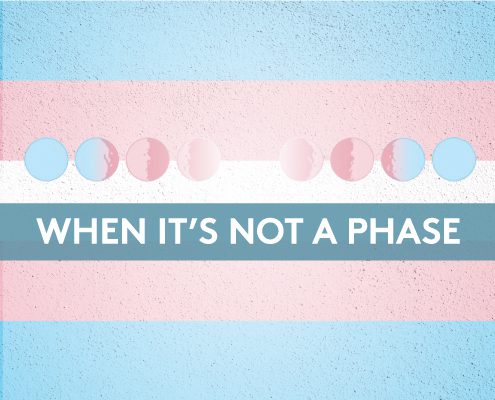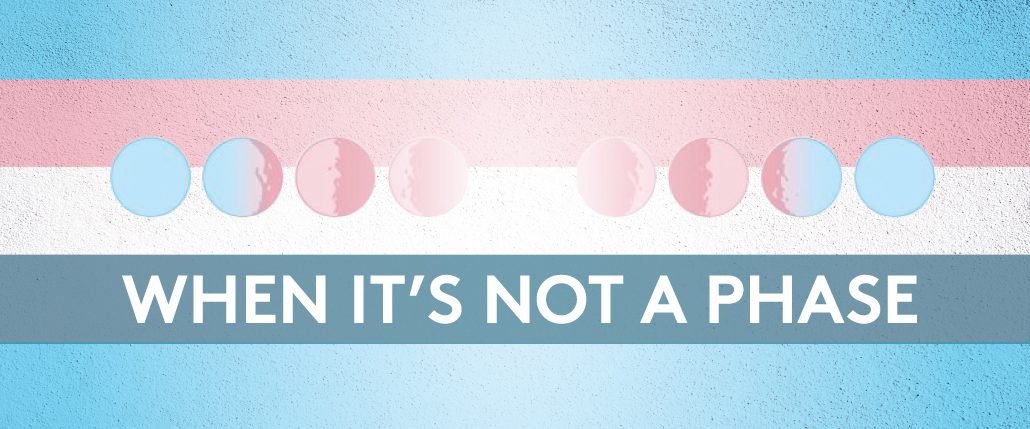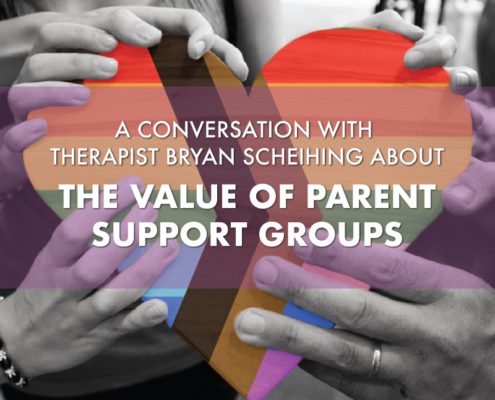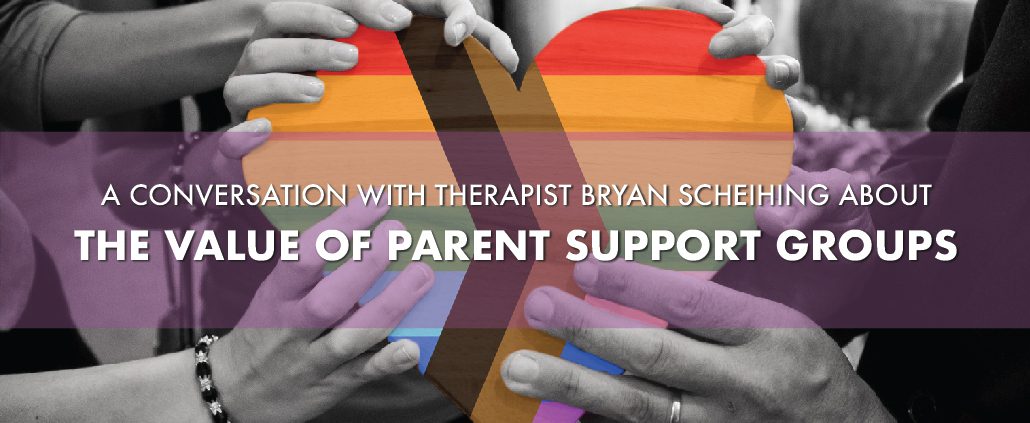Creating a Safe & Welcoming Holiday for Your Queer Child
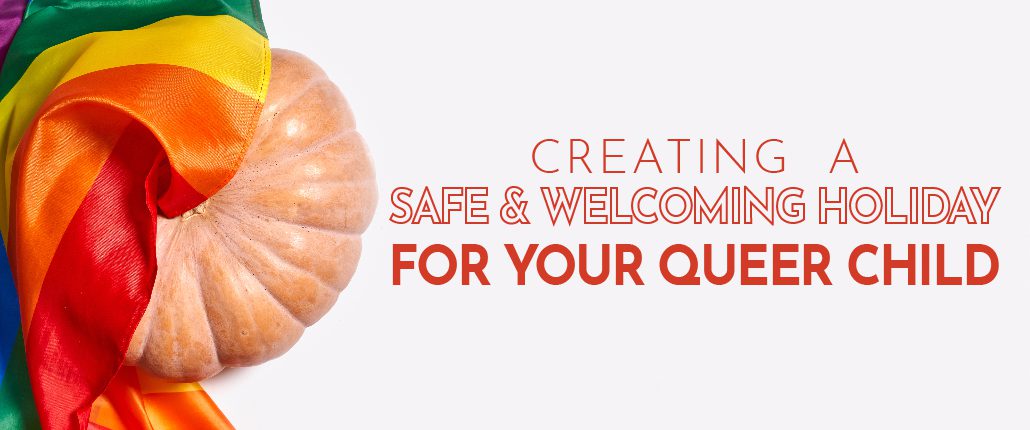
Creating a Safe & Welcoming Holiday for Your Queer Child
By Leo Kirkham
The winter holidays are a time for family and friends to gather together in the spirit of gratitude and giving. But they can also be fraught with conflict and stress.
For LGBTQ people especially, the holidays can be a trying time. Whether they are visiting family who don’t fully accept their identities, being reminded of childhood trauma, seeing a past abuser, or struggling with an eating disorder, the holidays can bring up anxiety for queer and trans people.
You love and accept your queer child. So how can you make the holidays a safer, more welcoming space for your child?
Talk to your child
The first step is to have a conversation with your child about the upcoming holidays and any family visits. Ask them if they have any stress, anxiety, or worries about the holidays. Ask them how you can support them best. Ask what they need during the holiday, whether it is space and time to be alone, verbal support from you during family conversations, or the opportunity to be engaged in holiday activities like cooking and cleaning.
Talk to family members and friends
Have a conversation with any family and friends who will be visiting during the holiday. Set expectations early about what behavior is expected of them. Tell them that homophobic, biphobic, and transphobic comments will not be allowed.
If your child uses a different name or pronouns than what they grew up with, tell visiting family that they are expected to use the correct name and pronouns during their visit. Practice with them, and role model how to apologize if you make a mistake with pronouns. (Apologize briefly, say the sentence again with the correct pronoun, and move on. Do not over-apologize.) Treat your child the same as any other child.
Meaning, invite your child’s significant other to the holiday, if you would do the same for a heterosexual child. Treat their significant other with friendliness and respect. Welcome them as a part of the family.
Use your child’s preferred name and pronouns, just as you would for a cisgender* child. If you need to practice with pronouns to get it right, do so! Practice with other family members, practice writing sentences about your child, and practice using your child’s pronoun in your thoughts and out loud. If you need a resource for practicing with pronouns, try this website.
*Cisgender refers to someone who identities with the gender they were assigned at birth. For example, if the doctors told your parents “it’s a girl!” when you were born and you identify as a woman today, you are a cisgender woman.
Ally is a verb, not a noun
Be an ally to your child during the holiday. If a homophobic or transphobic comment is made, don’t stay quiet. Speak up! Address the inappropriate comment and make it clear that similar language or attitudes will not be tolerated at your holiday.
If the conversation grows into an argument, give your child permission to leave the room while you work it out.
If you feel that an argument about LGBTQ issues is inevitable with your family, consider hosting a smaller gathering without homophobic or transphobic relatives so that your child can experience a peaceful and comfortable holiday with you.
Help another queer or trans child this holiday
Not every child is as lucky as yours. Many queer and trans kids do not have accepting families. Consider sharing your love and generosity with another child in need.
You can write a letter to an LGBTQ child this holiday season (Your Holiday Mom) or donate a gift to a trans child who otherwise couldn’t buy a binder, a pride flag, or an LGBTQ book (Trans Santa).
Thank you for reading, and happy holidays!
